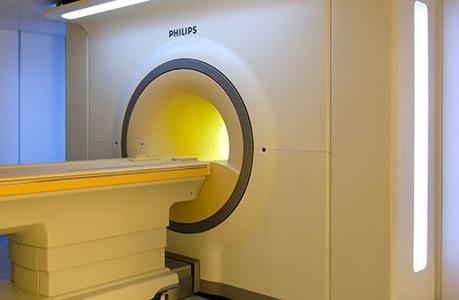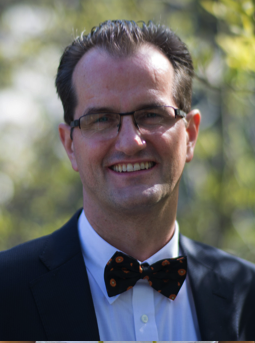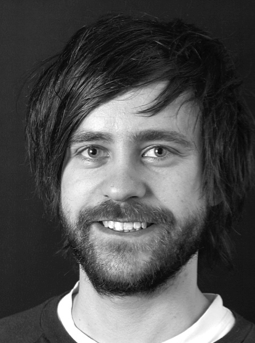
Xpert captions (4)
 Magnetic resonance imaging (MRI) provides unprecedented imaging of the human brain and other soft tissues without involving exposure to radiation. MRI plays a key role in the diagnosis and follow-up of diseases in brain, spine, joints, muscle and inner organs.
Magnetic resonance imaging (MRI) provides unprecedented imaging of the human brain and other soft tissues without involving exposure to radiation. MRI plays a key role in the diagnosis and follow-up of diseases in brain, spine, joints, muscle and inner organs.
Read more
A cutting-edge research infrastructure
Written by Lise Skjold Andersen A cutting-edge research infrastructure that includes six MR scanners offers unique possibilities for translational research. The first Danish ultra-high field (7 tesla) scanner for human use was inaugurated in 2015. This will give unprecedented opportunities to examine how health and disease impact the function and structure of the brain. Read more
A cutting-edge research infrastructure that includes six MR scanners offers unique possibilities for translational research. The first Danish ultra-high field (7 tesla) scanner for human use was inaugurated in 2015. This will give unprecedented opportunities to examine how health and disease impact the function and structure of the brain. Read more
 Collaboration is key! Our research benefits from manifold regional and international research alliances with highly profiled research groups. The DRCMR is embedded in a large diagnostic imaging unit at Hvidovre Hospital providing optimal conditions for close interaction with clinicians and radiologists.
Collaboration is key! Our research benefits from manifold regional and international research alliances with highly profiled research groups. The DRCMR is embedded in a large diagnostic imaging unit at Hvidovre Hospital providing optimal conditions for close interaction with clinicians and radiologists.
 Our overarching goal is to unravel the underlying mechanism in brain development, aging and diseases. We also advance our understanding of how therapeutic interventions act on the brain, for example in patients with multiple sclerosis, Parkinson's disease, traumatic brain injury, dementia, anorexia, schizophrenia, and depression.
Our overarching goal is to unravel the underlying mechanism in brain development, aging and diseases. We also advance our understanding of how therapeutic interventions act on the brain, for example in patients with multiple sclerosis, Parkinson's disease, traumatic brain injury, dementia, anorexia, schizophrenia, and depression.
Group Members
External Collaborators
Consultant Anne-Mette Leffers
Centre for Functional and Diagnostic Imaging, Copenhagen University Hospital Hvidovre, Denmark
Consultant Camilla Gøbel Madsen
Centre for Functional and Diagnostic Imaging, Copenhagen University Hospital Hvidovre, Denmark
Professor Per Soelberg Sørensen, Professor Finn Sellebjerg, Morten Blinkenberg
and other physicians from the Danish Multiple Sclerosis Centre, Department of Neurology, Copenhagen University Hospital Rigshospitalet, Denmark.
Kathrine S. Madsen,
Faculty of Health and Technology, Metrolitan University College
Associate Professor Morten Mørup
Cognitive Systems, DTU Compute, Technical University of Denmark
Jesper Bencke
Gait Laboratory, Copenhagen University Hospital Hvidovre, Denmark
Associate Professor Itamar Ronen
Leiden University Medical Center, Leiden, The Netherlands
Professor Christian Dettmers
Kliniken Schmieder, Konstanz, Germany






